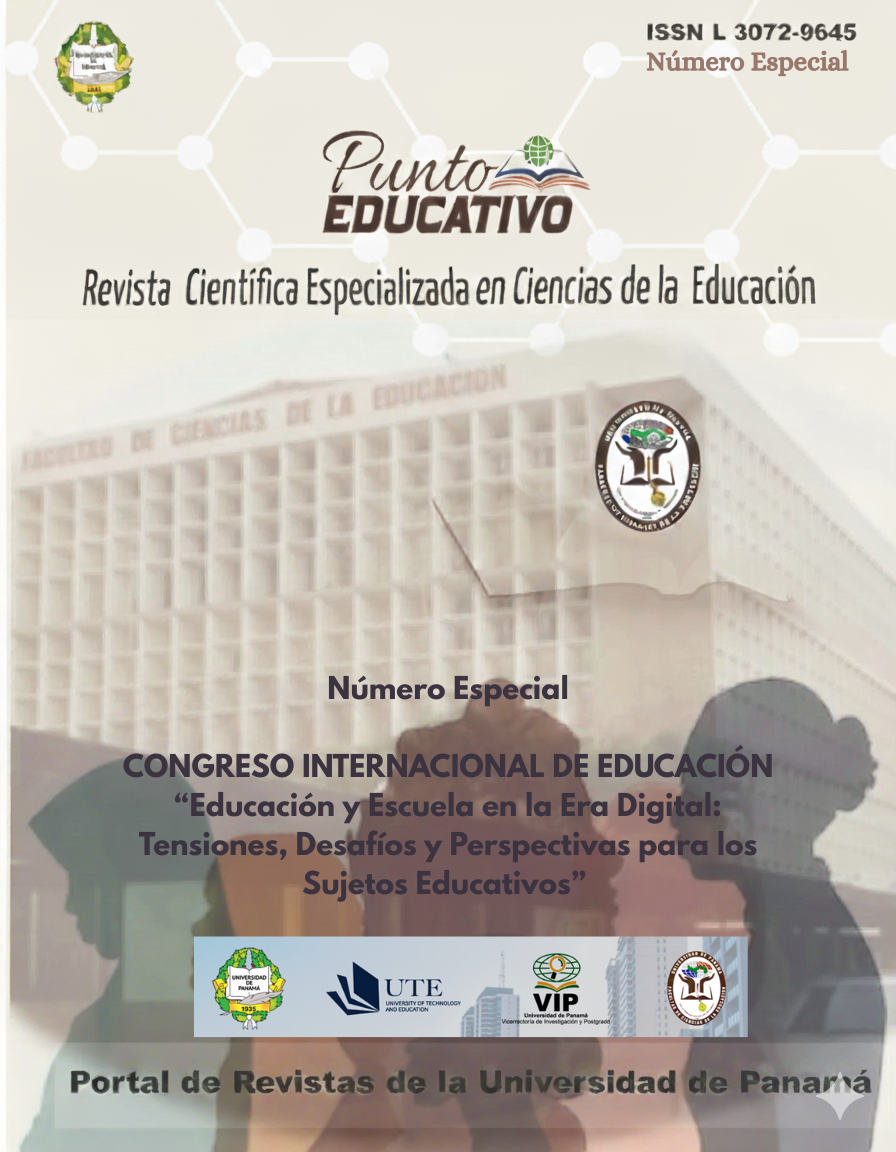

Copyright (c) 2025 Punto educativo

This work is licensed under a Creative Commons Attribution-NonCommercial-ShareAlike 4.0 International License.
In the global context, the environmental problem emerges as a problem that deserves urgent attention, however, it remains in the background in relation to economic and political problems, precisely the cause of the environmental problem; Because human beings in an effort to satisfy their needs from economic resources have exploited nature excessively.
Now, understanding environmental problems in a deep way requires conceptual mastery of biogeochemical processes, biodiversity, balance, flows of matter and energy, among others. Furthermore, understanding environmental phenomena and problems requires scientific thinking skills to observe, ask questions, formulate hypotheses, provide answers through a process of inquiry, and from there be able to generate possible solution proposals.
The above implies that students apply theoretical knowledge, typical of the area of natural sciences, to environmental situations and problems, to try to explain and argue from scientific knowledge.
In this way, the student develops a deep conceptual mastery of environmental problems, both local and global. This understanding not only enriches your knowledge but also brings about significant changes in your attitude and behavior towards the environment.
By acquiring a clear awareness of the negative impact that certain actions have on the environment and the balance of the ecosystem, the student has the cognitive capacity to react immediately to actions of environmental deterioration. That is to say, their actions are framed from the conceptual domain and not from a sense of external obligation.